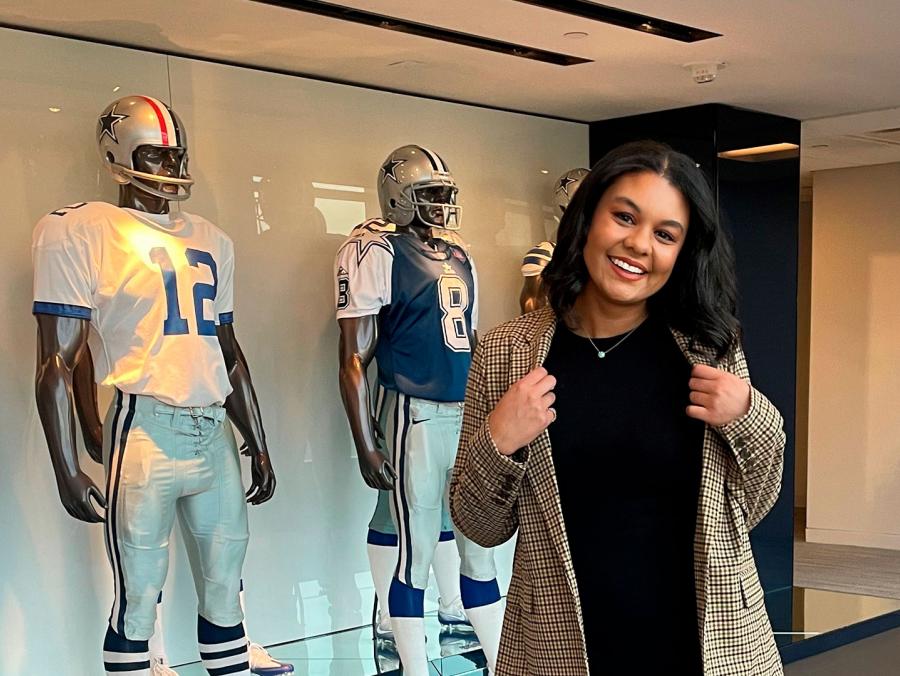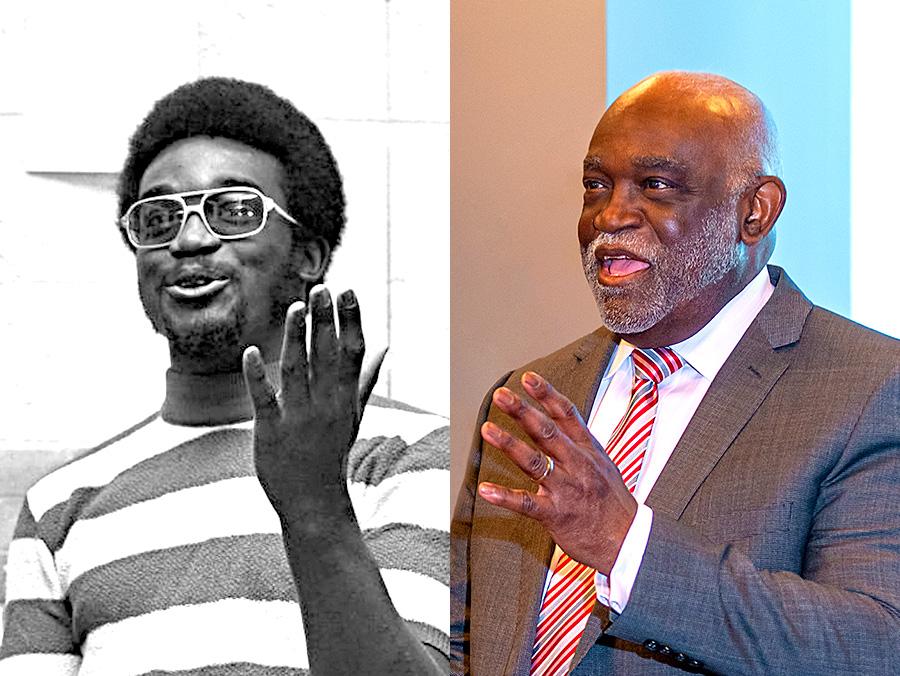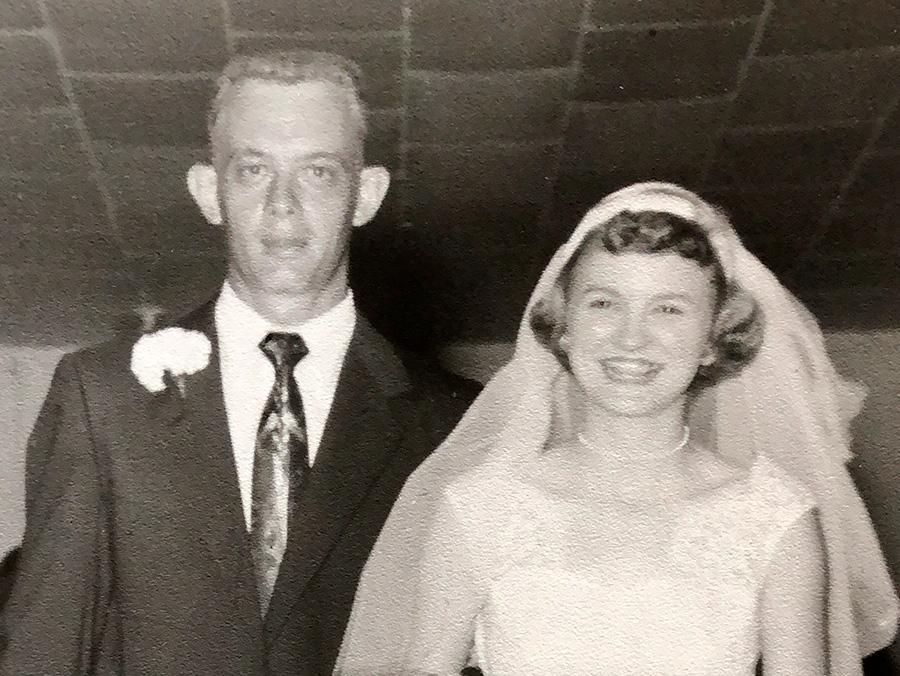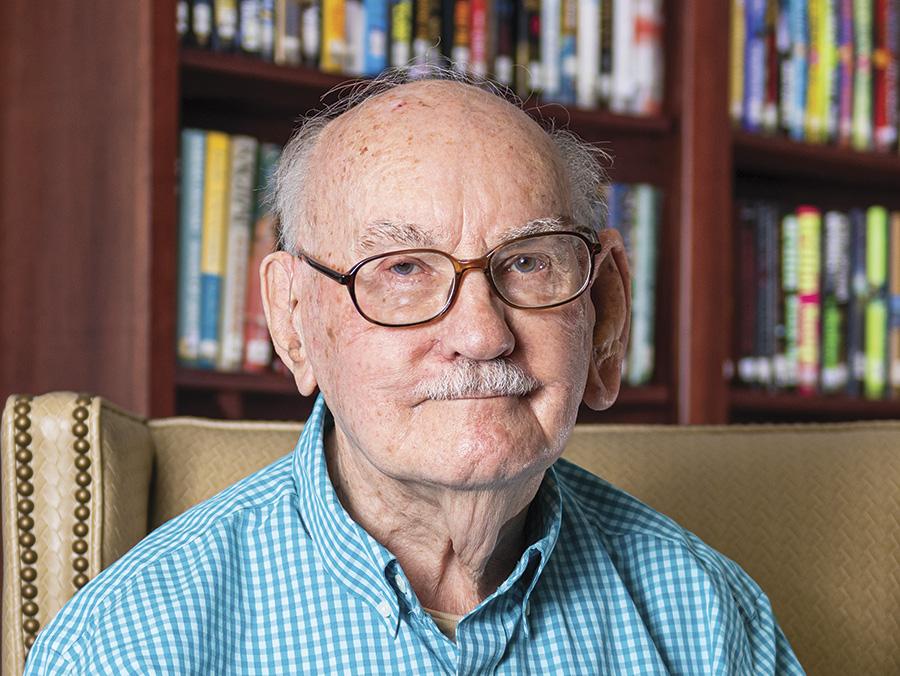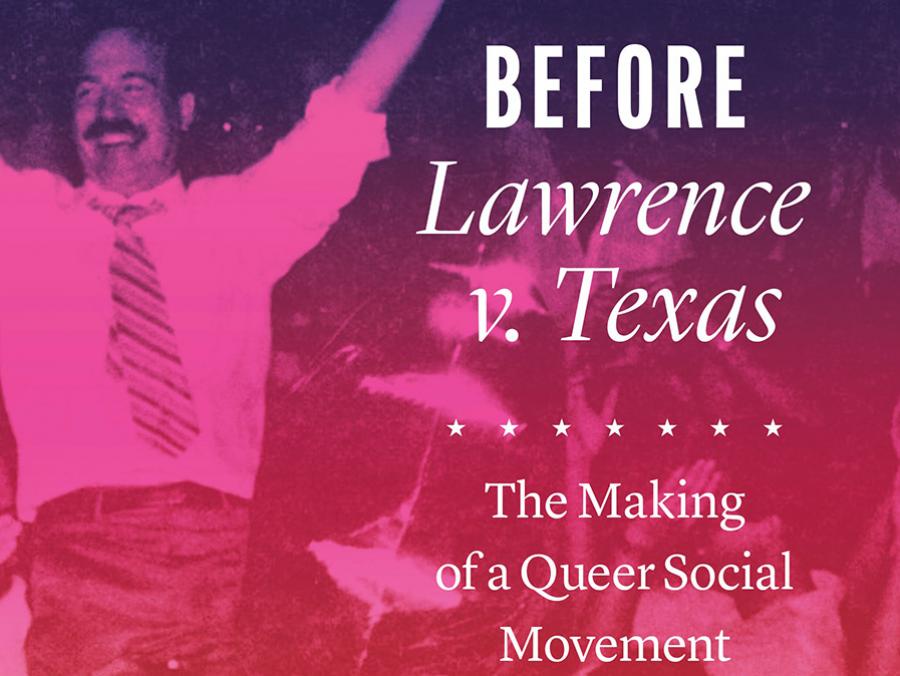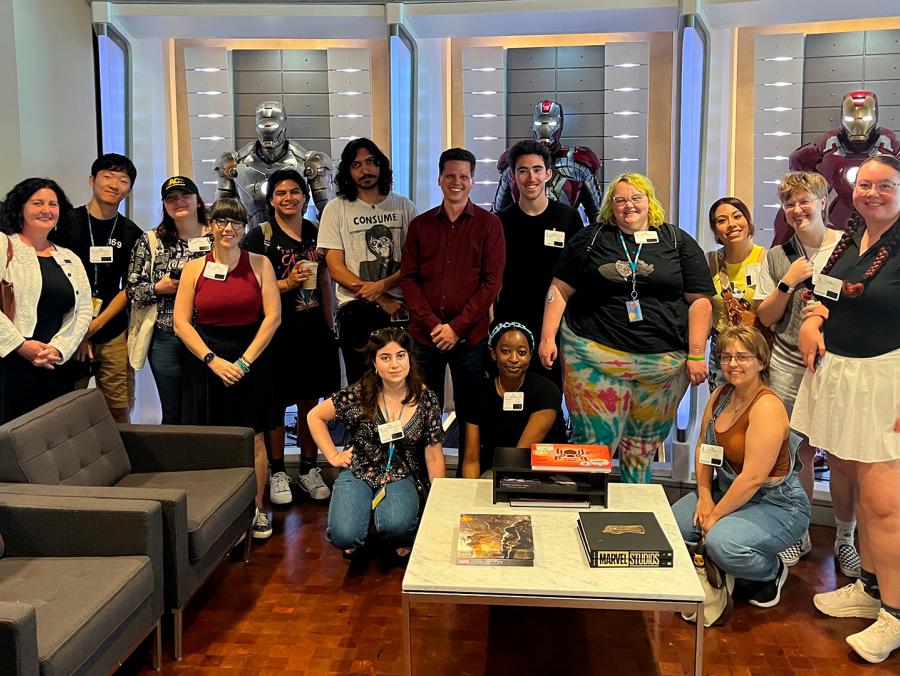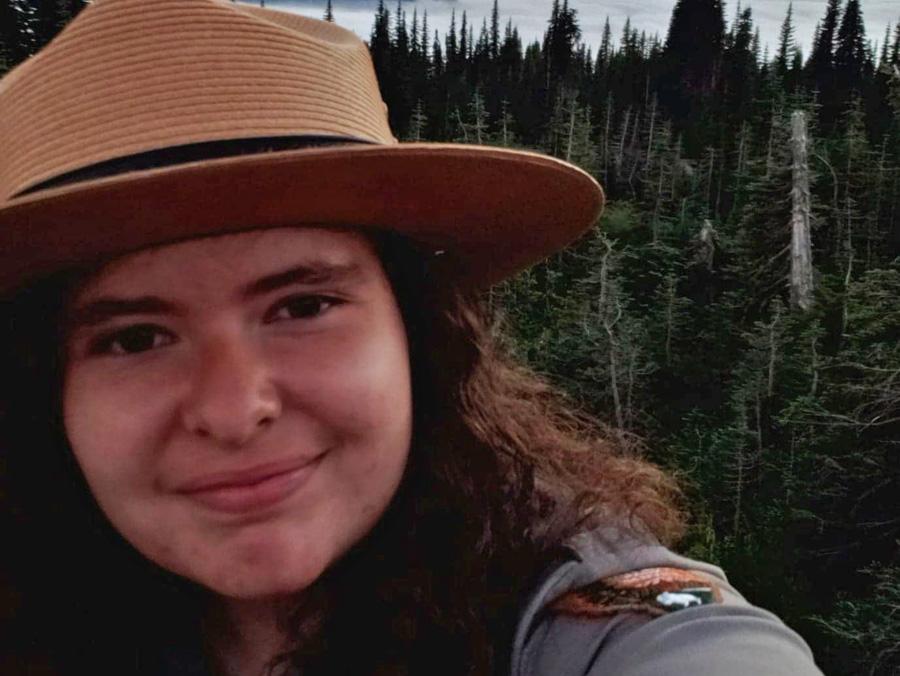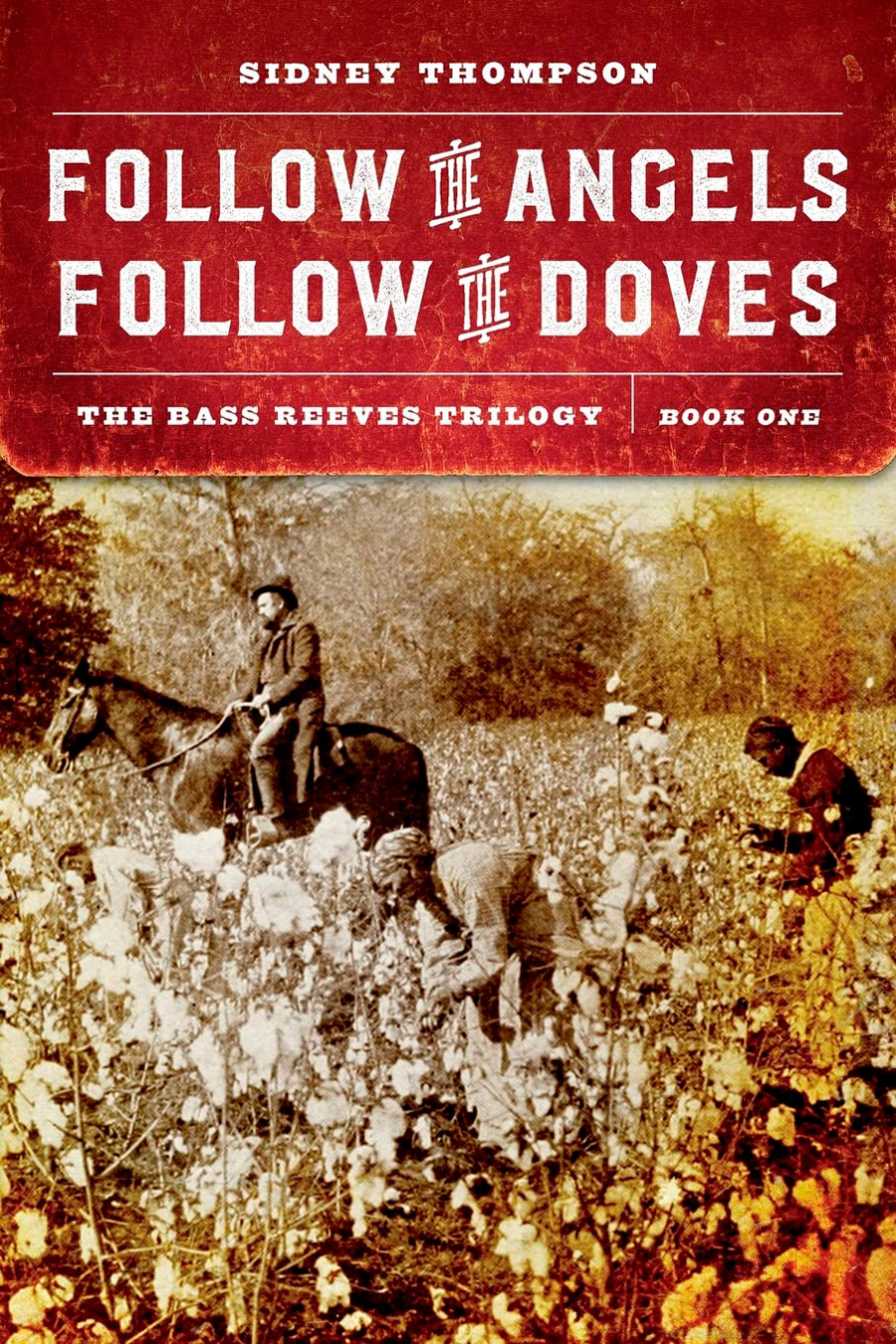
In the late 2000s, Sidney Thompson ('15 Ph.D.) was living in south Alabama, wondering what to do with his life.
He has been working a variety of jobs -- from teaching high school to selling cars -- although he really wanted to make a living as a writer. But even after earning his Master of Fine Arts degree from the University of Arkansas in 1994, he wasn't able to find a teaching job in a recession.
One day he was watching a TV interview with Morgan Freeman, who was discussing Bass Reeves, the former enslaved man-turned-lawman who captured 3,000 criminals around Oklahoma and Arkansas and inspired the character of the "Lone Ranger."
"As a writer, I want to write that story. Who's Bass Reeves?" Thompson says. "How did Morgan Freeman know about him?"
Thompson found the perfect subject for a novel. UNT was the ideal place for him to work on the manuscript since its creative writing program allows novels to be submitted as a dissertation and Denton's location was close to Pottsboro, where Reeves was enslaved, and Paris, where Reeves worked out of the federal court. After Thompson spent a dozen years writing three novels about Bass Reeves -- Follow the Angels, Follow the Doves; Hell on the Border; and the upcoming The Forsaken and the Dead -- they now will be adapted into a spinoff series of the hot drama Yellowstone starring David Oyelowo (Selma).
Thompson is obviously thrilled.
"It's like" -- he pauses -- "my writing career has" -- he pauses again -- "has never reached anywhere close to that luster. I've gotten close to the big time, with a big publisher, but never got it. These books came up with a university press, so the fact that the best in the business wanted to base a miniseries on Bass Reeves and wanted to base it on my books -- it's crazy."
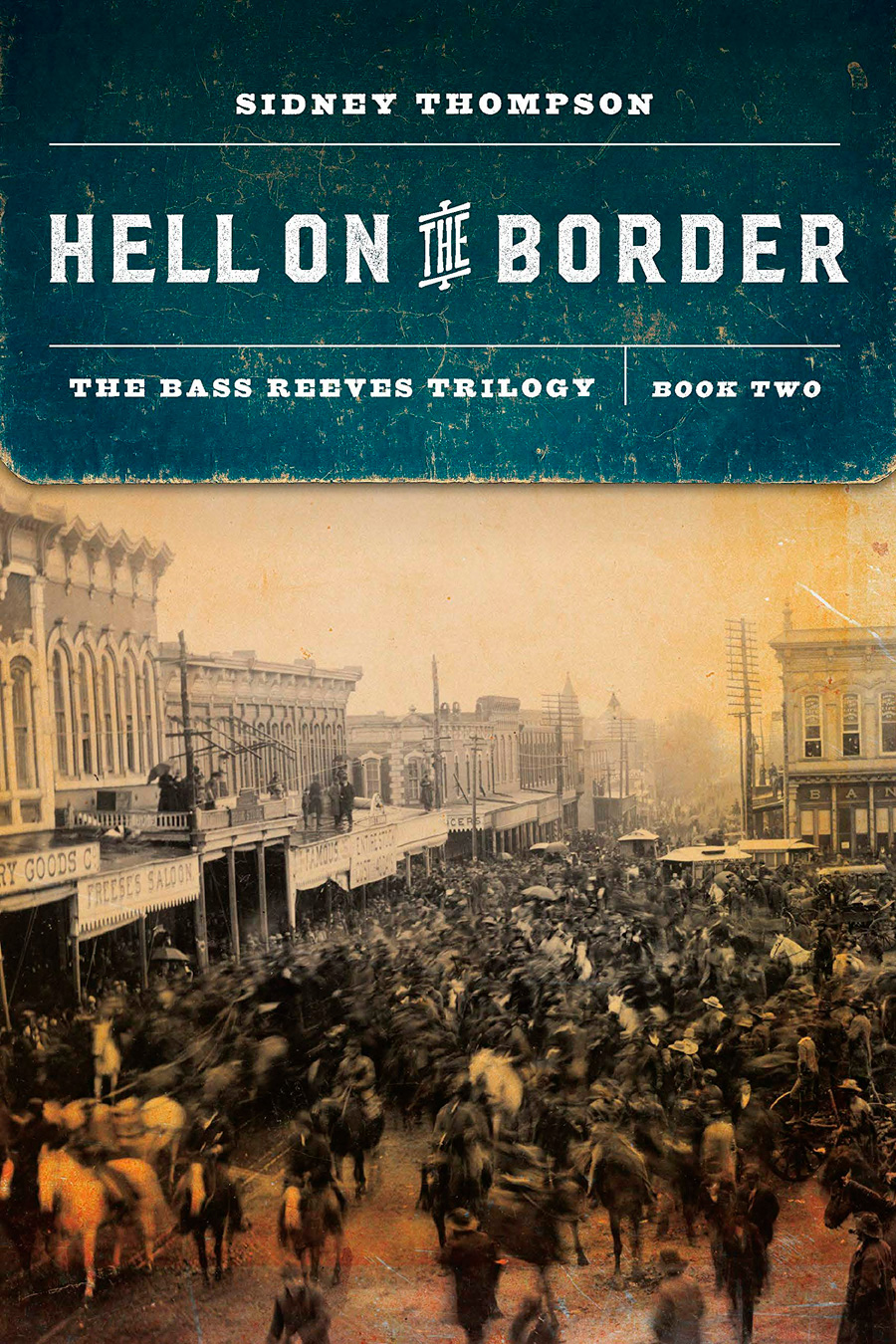
Thompson's time at UNT made it happen.
"I went there with a plan," he says. "I wanted to live in Bass Reeves' backyard. I was able to take day trips when it was relevant. Every course I took at North Texas was meant to help me with my book."
And he had plenty of information to learn. Bass Reeves lived through so much, personally and historically. Born in 1838, he was an enslaved person, then worked as a law enforcement officer for three decades.
Thompson had initially read the book Black Gun, Silver Star by Art Burton, which inspired Freeman to study Reeves. Thompson soon found himself in a "wormhole" of research he needed to know for the novel.
He took courses in 1800s literature to absorb the language of the time and classes in African American history to help with the slavery narrative. Reeves was a body servant for George Reeves, the son of his master, during the Civil War, so he fought in battles -- further leading Thompson to learn about weapons. Thompson also had to learn about the history of the Wild West.
"It was daunting," he says. "But I had great professors who helped with the writing and the research."
And there were the emotional aspects of Reeves' life to understand.
"How did he become so fearless if he grew up as a slave and went through torturous ordeals? I wanted to understand the psychology of how somebody becomes great. That's the story I wanted to write."
Distinguished Teaching Professor of English Miroslav Penkov encouraged Thompson to break up the chronological timeline of the story, compress time in parts and use flashbacks to make the narrative sharper and increase tension. In fact, Thompson eventually broke up his dissertation into a series of novels after receiving Penkov's advice.
"Miro, he was a wonder for me," Thompson says. "He was extremely supportive of what I was working with. He was a great line-by-line editor and very insightful when it came to overall vision."
Thompson, who is a writing consultant for the William L. Adams Center for Writing at Texas Christian University, is thrilled that the producers of Yellowstone are making the series. Reeves has received greater attention in recent years, appearing as a cover story in Texas Monthly and as a character in the Netflix movie The Harder They Fall.
"What I hope the reader sees is that Bass Reeves' long, complex life encompasses the breadth of the nation," Thompson says. "It's extraordinary how much America changed from 1838 to 1910, when he died. To make sure that tapestry is accurate, I had to learn about how guns went from muskets to rifles and paper charges and lead bullets. People go from using horse and wagon to cars at the end of his life. It feels like a ragtime type of story. Bass Reeves encapsulates what's right and wrong in our country. It's a beautiful story about how a disenfranchised American liberates himself and because his skills prove so exceptional, others can't deny them or him."
Thompson's long road has paid off, too.
"Being older, I'm just glad I had a plan and everything led me in this direction," he says. "It's crazy luck, hard work and planning, but it took a lot of patience that I never used to have. Sometimes life requires you to have the skills to be patient."












